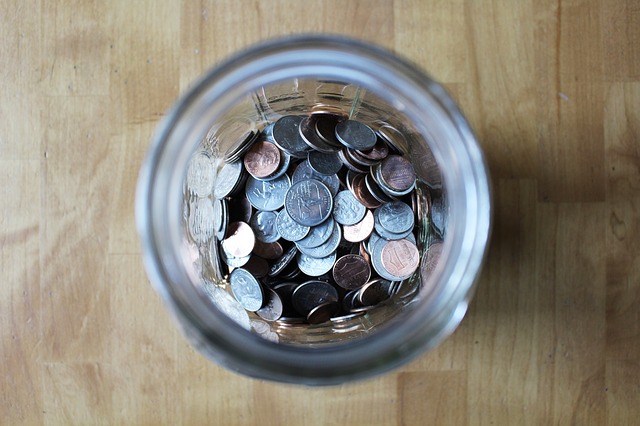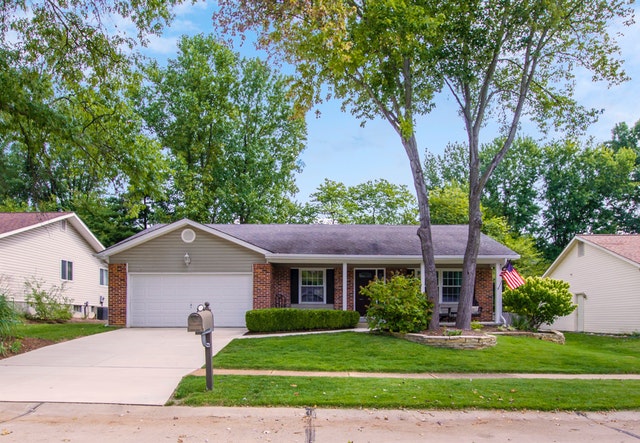11 Simple Ways To Save Money Toward The Purchase Of Your New Home
 If you find it difficult to make ends meet, these tips will help you save money in ways that are easy to do and create substantial savings over time.
If you find it difficult to make ends meet, these tips will help you save money in ways that are easy to do and create substantial savings over time.
Declutter
Get rid of stuff you do use or need by having a garage or yard sale or by putting things for sale on eBay or Craigslist.
Make Your Own Coffee
Do you really want to make that billionaire richer by buying coffee for $5+ a cup? Make your own gourmet coffee that costs around 50 cents per cup for the same thing.
Bring Your Own Lunch
Making your lunch the night before to take to work the next day will give you more time to enjoy lunch. You will save the money that is wasted when driving to fast-food restaurants or going to pricey lunch places.
Grow Some Food
Everyone should have a garden, even if it is only a window garden for herbs. If you have some room for pots, you can grow tomatoes and other vegetables. If you have a back yard or a front yard you can grow tons of stuff.
Buy In Bulk And Use Coupons
For the things that you use on a regular basis, stock up when the items are on sale. Buy things at discount stores. Buy bulk things like rice and pasta at wholesale prices in co-ops. Coupon clipping is a hobby that pays for itself in savings. Just be careful not to buy things you do not really need or use.
Change Home Lighting
If you have not yet changed out all your incandescent bulbs to compact fluorescent bulbs, what have you been doing? Change those bubs right away because you are burning up money on wasteful lights.
Install Smart Home Technology
Making a home run with more energy-efficiency is reduces your bills and helps the planet too. Smart home technology monitors comfort zones and turns things off when they are not needed.
Cut The Cable
An expensive monthly bill for cable TV is something many can do without. There are plenty of less expensive alternatives and tons of free content to view online.
Make A Change Jar
Every time you come home, put all the change you have in a change jar. You will be surprised how much money builds up over time and you will hardly even notice it is missing.
Walk Instead Of Drive
Do you have to drive your car everywhere? Try walking short distances instead. Not only will you save money on gas; walking may improve your health.
DIY Projects
Instead of paying others to do simple jobs around the house, do them yourself. There are plenty of do-it-yourself (DIY) guides on YouTube that show how to do just about anything. You will save the expensive labor cost for simple home repairs that can be up to $75 per hour.
Are you inspired? OK. Put some of these ideas into action. Ready, set, save!
When you’re ready, set up an appointment with your trusted home mortgage professional to find out about the best financing options for your new home purchase.

 Are you just starting on your real estate investing journey? Many newcomers are surprised to learn that there’s more to making money on the real estate market than buying and selling. These are some of the most popular strategies real estate investors use to create profits. Which one is right for you?
Are you just starting on your real estate investing journey? Many newcomers are surprised to learn that there’s more to making money on the real estate market than buying and selling. These are some of the most popular strategies real estate investors use to create profits. Which one is right for you? Home ownership is highly valued in our culture. However, buying a home isn’t the best decision for everyone. Examine the differences between owning and renting your home to help you decide if now is the time to buy.
Home ownership is highly valued in our culture. However, buying a home isn’t the best decision for everyone. Examine the differences between owning and renting your home to help you decide if now is the time to buy.